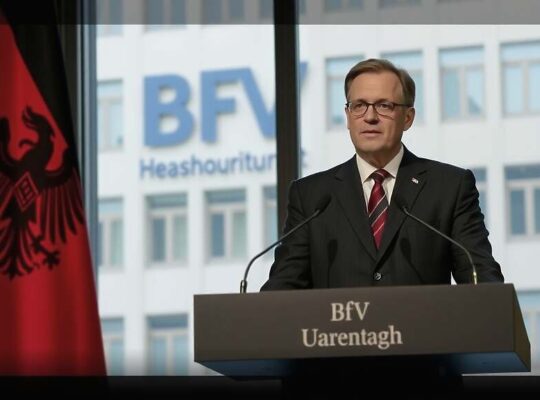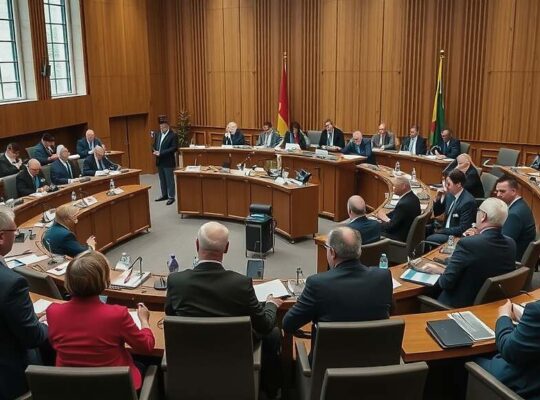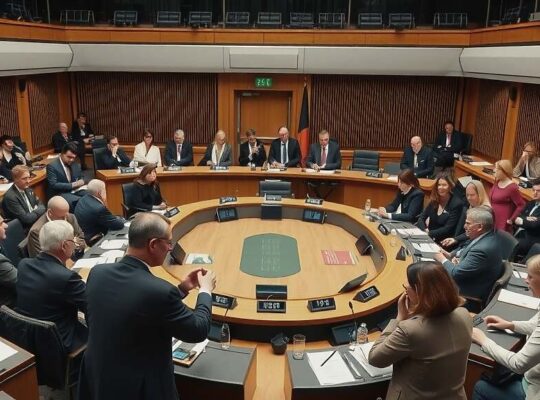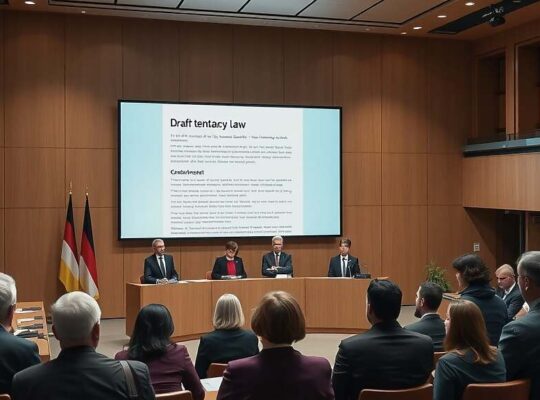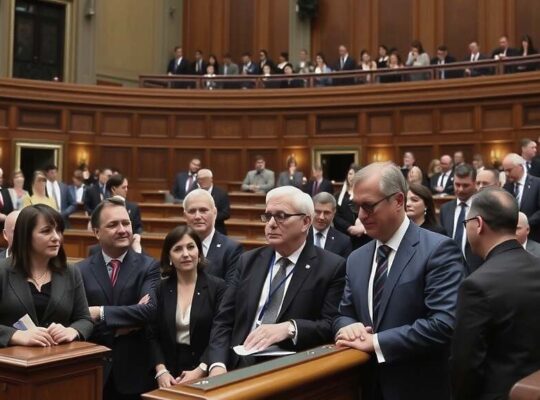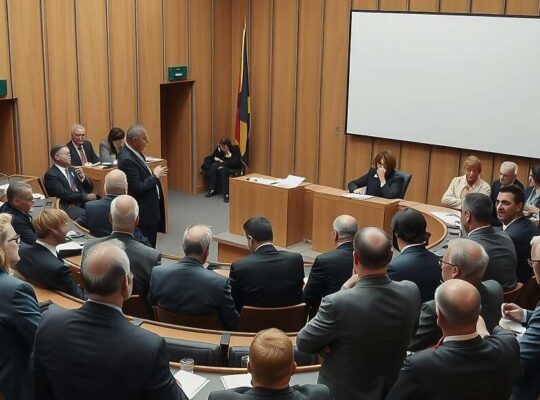The German Federal Youth Council (DBJR) has delivered a scathing critique of Defence Minister Boris Pistorius’s draft law on military service, raising serious concerns about its underlying motivations and potential impact on young citizens. In a formal statement submitted to the Defence Committee ahead of a key session on November 10th, DBJR Chair Daniela Broda accuses the government of creating a deceptive framework that prioritizes state planning over individual autonomy.
The core of the DBJR’s objection lies in what they perceive as a fundamental disconnect between the law’s purported emphasis on voluntary service and the reality of its implementation. While the draft legislation claims to champion free choice, Broda argues that appended justifications and specific wording, particularly concerning the “availability” of young cohorts, betray a plan for mandatory structures. This ambiguity fosters uncertainty and undermines trust, suggesting the government values predictability over the fundamental right to self-determination. The DBJR asserts the legislation fails to meet the standards of a modern, generation-appropriate security architecture.
Specific provisions have drawn focused criticism. The proposed mandatory questionnaire for young men, ostensibly to gauge interest in military service, is accused of serving a dual purpose: incentivizing recruitment while simultaneously establishing a prioritization system for potential call-ups in times of tension or defense. The DBJR warns that young people may not be fully informed about the implications of their responses, raising ethical concerns about transparency and potential coercion.
Furthermore, any move toward a mandatory willingness declaration – a point strongly opposed by the DBJR – would necessitate comprehensive and unbiased information for young citizens regarding all avenues of engagement for state and society, including explicitly civil and social contributions such as volunteer services, disaster relief and emergency medical response. The organization stresses that the decision to pursue military service must be free from economic pressure or state expectations, rejecting the linking of educational access or career advancement to military commitment as unacceptable.
The DBJR also questioned the selective focus on young citizens when gathering data regarding willingness to serve, arguing that this one-sided perspective lacks a sound security policy rationale and appears politically expedient, exploiting the comparatively limited institutional power young people possess.
Finally, the proposed provision granting the government the authority to reinstate mandatory military service via ministerial decree following parliamentary approval has been deemed problematic. This circumvents public debate about the evolving security landscape and undermines the planning certainty crucial for young citizens. The council highlighted a lack of meaningful youth participation in the drafting process, arguing that legislation with such profound implications demands genuine and equitable engagement with young people “before” formal legislative proceedings commence.




